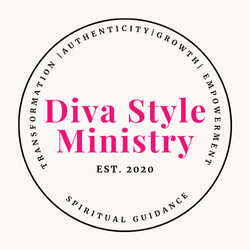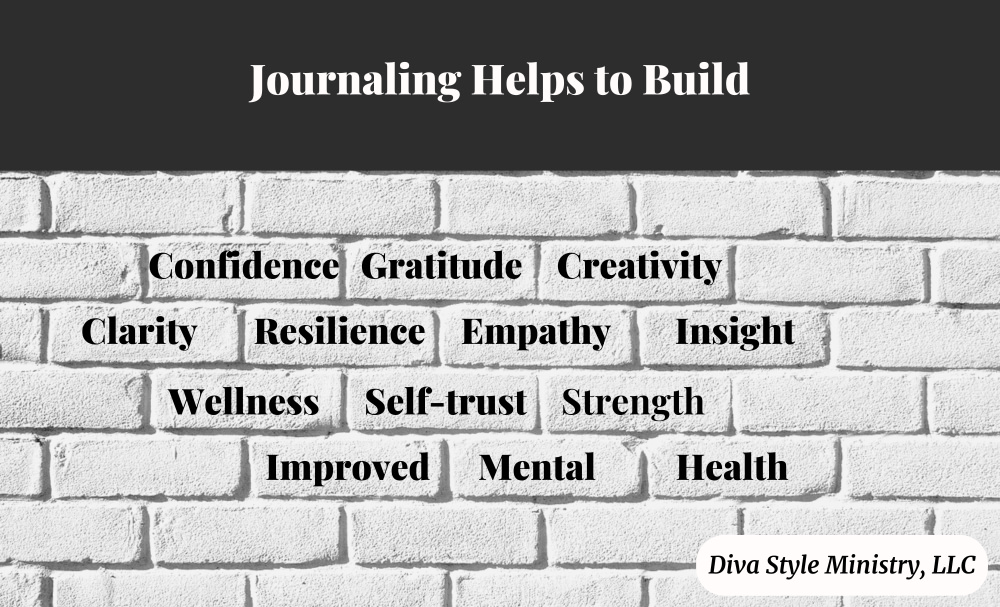The benefits of journaling go far beyond creativity and self-discovery.
Journaling is also a powerful practice that fosters resilience, empathy, and self-trust, providing us with essential tools to face challenges and grow emotionally. It allows us to reflect deeply, uncover patterns, and explore our inner lives, making it one of the most accessible yet profound methods for personal growth.
Healing Through Self-Expression
Journaling is a safe, private place to express our rawest emotions.
Life inevitably brings moments of struggle and hardship, and journaling offers a therapeutic outlet for processing these experiences. Writing down your thoughts and feelings, especially during difficult times, helps you confront your emotions and work through them instead of letting them fester. This self-expression becomes a release, allowing us to process pain and move towards healing.
When we revisit past entries, especially those from periods of struggle, we often see our growth and the resilience we’ve built over time. In these moments, journaling becomes a testament to our strength and adaptability. Journaling builds resilience and empathy while increasing self-trust – a quality that’s essential for living an authentic life.
Journaling teaches us to process feelings without judgment, helping us gain closure. Knowing that we’ve already overcome previous hardships can bring hope and courage, reassuring us that we can handle what life throws our way.
Empathy and Improved Relationships
As we examine our thoughts and actions in writing, we start to recognize patterns in our responses.
Journaling reveals the emotional processes we go through in difficult situations and allows us to evaluate how we react to and interpret the actions of others. This insight fosters empathy, as we begin to understand that everyone is on a journey, facing challenges of their own. Through journaling, we acknowledge our vulnerabilities, which opens the door to appreciating the struggles others face.
This deepened empathy benefits our close relationships, but it also helps us connect more meaningfully with friends, colleagues, and even strangers. By being kinder to ourselves in our writing, we learn to extend that same compassion outward, allowing our relationships to improve naturally. Journaling builds resilience and empathy while increasing self-trust – qualities our modern society could certainly use more of. Journaling can help us find patience and understanding in situations where we might otherwise react with frustration, strengthening our bonds with those around us.
Building Self-Trust and Deepening Personal Insights
Regular journaling strengthens our inner voice and deepens self-trust.
When we consistently and honestly record our thoughts, fears, and dreams, we can begin to see and recognize patterns that tell us more about who we are at our core. Writing openly in a journal helps us to build a more trusting relationship with ourselves, recognizing that our journal is a judgment-free zone where we can be completely honest. This self-trust leads to greater confidence in our decisions as we learn to rely on our intuition and understand our desires more clearly.
Self-trust also means letting go of self-doubt. Reflecting on our experiences through journaling shows us how our intuition and values can help guide us through life’s challenges. We begin to see that many of our decisions, even when uncertain at the time, have led to valuable learning experiences. This increased self-awareness is empowering, making it easier to face future challenges with resilience and clarity.
Uncovering Your Authentic Self
Journaling strips away societal expectations, letting us get closer to who we authentically are.
Many of us wear “masks” daily, adjusting our behavior to fit different settings or people’s expectations. Our personal journal is a space where we can remove these masks. Writing regularly about our thoughts and feelings allows us to explore our innermost desires, anxieties, and values, strengthening a relationship with our authentic selves.
When we allow ourselves to be vulnerable in writing, we get to know the person behind the roles we play. This authenticity is both freeing and empowering, giving us permission to show up as our true selves, both in our journal and in our lives. By embracing this version of ourselves, we cultivate self-compassion and acceptance, essential ingredients for genuine happiness and inner peace.
Wrapping Up
As we wrap up this series on journaling, remember that journaling is a deeply personal journey.
By making it a consistent habit, you’re giving yourself a unique gift: a pathway to self-discovery, growth, and inner peace. This practice is more than a daily routine; it’s a lifetime companion that evolves with you.
If you missed the earlier posts, go back to Part 1 and Part 2 to explore how journaling can support creativity, self-discovery, problem-solving, and goal-setting. As you continue on your journaling journey, let each entry bring you closer to a more resilient, empathetic, and authentic self.






